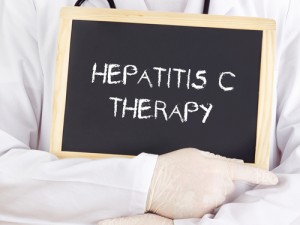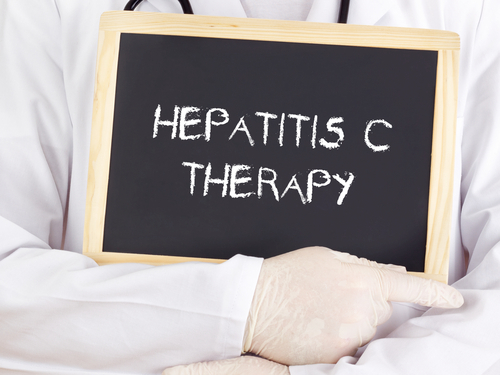 The European Medicines Agency (EMA) recommended marketing authorization for Exviera (dasabuvir) and Viekirax (ombitasvir + paritaprevir + ritonavir) combined with other therapies and products to treat chronic hepatitis C virus (HCV) infections. Both drugs are manufactured by AbbVie.
The European Medicines Agency (EMA) recommended marketing authorization for Exviera (dasabuvir) and Viekirax (ombitasvir + paritaprevir + ritonavir) combined with other therapies and products to treat chronic hepatitis C virus (HCV) infections. Both drugs are manufactured by AbbVie.
HCV infection is a major public health threat in Europe. It affects between 0.4 and 3.5 percent of the population in several European Union (EU) countries, and is the major cause of liver transplantation throughout the EU.
Both Exviera and Viekirax are part of a new class of drugs designed to treat chronic HCV infection: these medicines have considerably high cure rates and have altered the therapeutic approach for treating the disease. They work by blocking proteins essential to the replication of the infection. Specifically, Exviera targets the protein NS5B and Viekirax targets the NS5A and NS3/4A proteins.
Thanks to these drugs, patients can be cured of HCV infection without needing interferon-based treatments. Until now, interferons were used in all treatment regimens for chronic HCV. However, the interferon-based drugs can cause severe, dramatic side effects that make them impossible to be used in a large patient population.
Over the last year, the Agency’s Committee for Medicinal Products for Human Use (CHMP) recommended 4 novel medicines to treat Hepatitis C. The more options there are to treat patients, the better chances patients have to be cured and live healthier, longer lives.
To accelerate patient access to Exviera and Viekirax, both drugs were assessed under the EMA’s accelerated evaluation mechanism, since HCV patients have unmet needs that require immediate attention. The drugs received EMA scientific advice regarding clinical, non-clinical, and quality features.
“The opinion adopted by the CHMP at its November 2014 meeting is an intermediary step on Exviera and Viekirax’s path to patient access,” according to a recent press release. “The CHMP opinion will now be sent to the European Commission for the adoption of a decision on an EU-wide marketing authorization.” After marketing clearances are granted, price and reimbursement issues will be addressed in each country member of the EU after they are evaluated for specific national healthcare systems.

